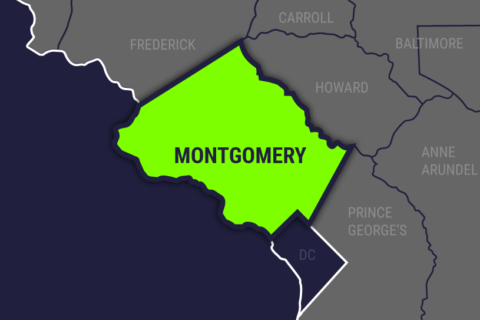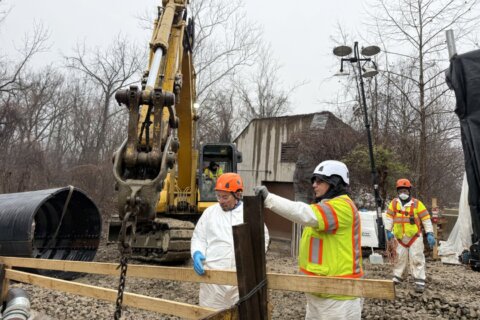
WASHINGTON — After agreeing to a budget for the coming fiscal year, lawmakers in Montgomery County, Maryland, are expected to meet Thursday and put the finishing touches on their new spending plan.
The county council is set to vote on its $5.4 billion budget that would take effect in July. Members gave preliminary approval last week.
“Our budget builds on the basics and makes progress on pressing needs,” said the council’s president Roger Berliner. “It holds the line on property taxes and continues the tradition of fiscal responsibility that has allowed us to weather economic storms and maintain our respected AAA bond rating.”
Residents would not see significant property tax changes this time after they were hit with a hike of nearly 9 percent in the previous budget.
Homeowners whose properties are their primary residences would receive a property tax credit of $692.
“While this is mostly a hold-the-line budget, we were able to take some important steps forward,” said Council member Marc Elrich.
The budget sets aside more than $2 billion for the county’s school system, representing an increase of nearly $65 million.
“One of our county’s highest priorities and most basic responsibilities is education,” Berliner said. “We have funded 100 percent of our school system’s $2.5 billion budget request in order to continue making progress in reducing class size and closing the academic achievement gap.”
Council member Nancy Navarro added that besides public schools, investments in Montgomery College and the social safety net are also important to county leaders.
Funding for Montgomery College would be set at nearly $315 million, and $2.2 million would go toward supporting the expansion of 10 Montgomery County Public Schools Head Start classrooms to full school day programs.
The spending plan includes various pay increases that were negotiated by the county executive with organizations that represent employees, such as police officers and firefighters.
It also provides $31.5 million over the course of two years for Bus Rapid Transit, including $6 million for a line on U.S. Route 29.








